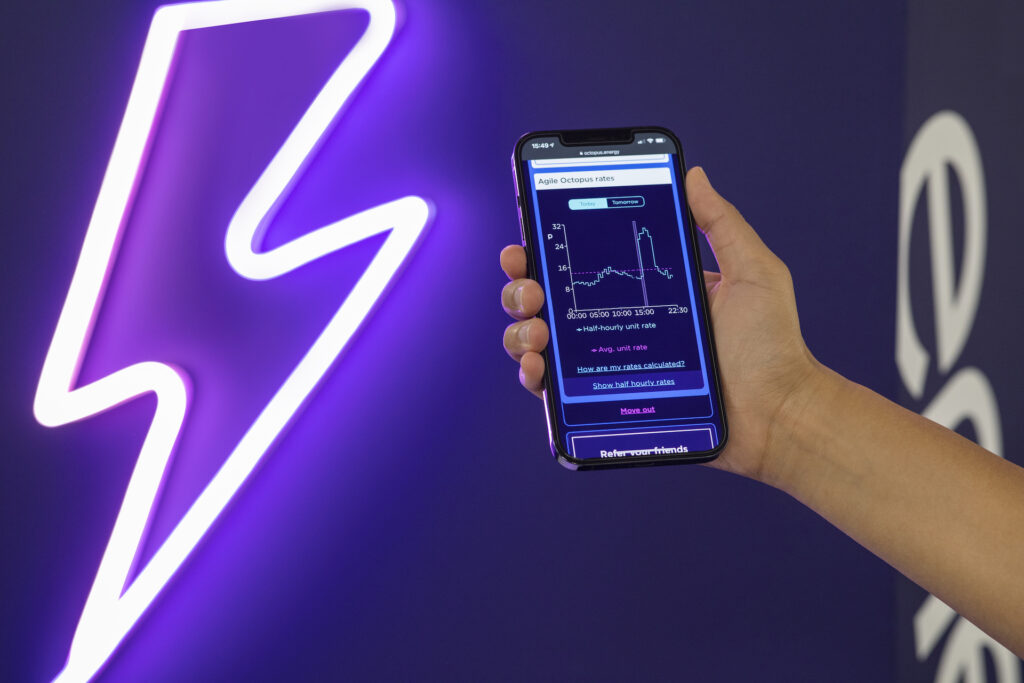Octopus Energy together with National Grid ESO has launched a new ‘turndown’ flexibility trial.
Customers across Britain will be asked to turn down their electricity use over pre-defined two-hour windows during winter, when demand is peaking and the grid is at its dirtiest. This will include five to ten slots of between 12-2am, 9-11am and 4.30-6.30pm.
Octopus Energy will monitor this using smart meter data and compare it to the consumers typical usage for that time based on their consumption data for the last four weeks. Households that cut their electricity use by 40-60% during these periods will receive free electricity during them. Depending on the consumers tariff this could be worth up to 35p/kWh.
“Octopus is a strong supporter of decentralising the energy grid and putting energy flexibility in the hands of consumers,” said James Eddison, CTO and co-founder of Octopus Energy Group.
“The findings of our previous home energy trials and the demand for our smart tariffs show that homes can play a key role in improving grid stability and making sure that we’re making the most of home-grown green energy when it’s abundant.”
The trial will start on 11 February and will end at 23:59 on Thursday 31 March 2022, and be open to Octopus Energy’s 1.4 million customers with smart meters. Those that opt in – the supplier expects about 100,000 households to choose to be part of the trial – will be told no later than 4pm the day before the period.
National Grid ESO hopes that the trial will help build its understanding of how households can support the management of a zero-carbon grid, and reduce balancing costs.
“Encouraging households to engage in exciting climate-friendly energy opportunities like this trial will be crucial in our transition to net zero,” Isabelle Haigh, head of National Control at National Grid ESO, said.
“System flexibility is vital to help manage and reduce peak electricity demand and keep Britain’s electricity flowing securely.”
Domestic flexibility is being trialled by a number of companies and coalitions as a potential path to reduce emissions during peak demand periods. This includes the Crowdflex project – run by SSEN Distribution, National Grid ESO, Octopus Energy and Ohme – which found that domestic flex could reduce peak demand by 23%.
During Crowdflex’s ‘Big Turn Down’ event on 5 November 2020, Octopus Energy found that customers had the ability to reduce their electricity demand by 60% or 0.9kWh/customer over two hours. Scaling this up to the company’s full smart meter customer base, this could unlock 100-150MW.
“By joining forces with ESO, we’re now taking this research to the next level, inviting 1.4 million customers to take part in a trial that will allow them to potentially benefit from cheaper, greener power and help build the energy system of the future. It’s a tremendous opportunity to unlock flexibility at an unprecedented scale, and we can’t wait to get started,” finished Eddison.






